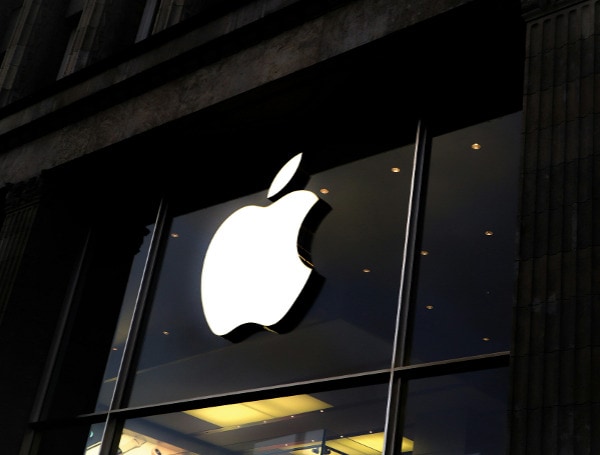Apple is ditching its decade-long venture to develop an electric car as demand for them slows down, Bloomberg reported on Tuesday.
The tech giant began working on the electric vehicle (EV) around 2014 and spent billions on it, but its work is now coming to a close, according to individuals familiar with the situation who spoke to Bloomberg. EV demand has been decelerating and Apple did not foresee significant profits for its product even with a $100,000 price point.
Chief Operating Officer Jeff Williams and Vice President of Technology Kevin Lynch, who spearheaded the endeavor, unveiled the news to its roughly 2,000 workers on Tuesday, according to the individuals, Bloomberg reported. They requested anonymity because it was an internal disclosure.
Read: Federal Court Rules Major Biden Spending Bill Was Passed Unconstitutionally
A large portion of the personnel will transition to working on artificial intelligence initiatives for the tech giant, according to Bloomberg. Apple will also be letting go of some employees.
The company aimed to craft a driverless EV with an interior resembling a limousine, Bloomberg reported. Apple had envisioned pricing the EV at about $100,000 but expressed apprehensions regarding its potential to meet Apple’s customary profits margins.
“The car is the ultimate mobile device,” Williams said at a 2015 Code Conference when asked about what the company planned to do with the money it was sitting on. “We’re exploring a lot of different markets.”
American automobile giants are panicking about competition from cheap Chinese EVs as some lose money on them. General Motors and Ford have lost money on their EVs, with Ford losing $4.7 billion in 2023, citing price competition, according to a summary of the company’s annual earnings.
Help support the Tampa Free Press by making any small donation by clicking here.
“These [Chinese] contenders come to our markets with the ability to sell the EVs at the same price as internal combustion engine vehicles, and at the same time the western governments are imposing 100% battery-electric vehicle [BEV] sales, it is quite obvious that the guys who cannot make cost-competitive BEVs are going to be in an existential problem,” Stellantis CEO Carlos Tavares told Bloomberg in a February interview.
President Joe Biden’s administration has persistently advocated for EVs and charging stations, allocating billions of taxpayer dollars to these efforts. The administration aims for EVs to consist of 50% of all new car sales by 2030.
Read: San Francisco Officially Apologizes To Black Residents
Apple did not immediately respond to the Daily Caller News Foundation’s request for comment.
Help support the Tampa Free Press by making any small donation by clicking here.
Android Users, Click To Download The Tampa Free Press App And Never Miss A Story. Follow Us On Facebook and Twitter. Sign up for our free newsletter.

